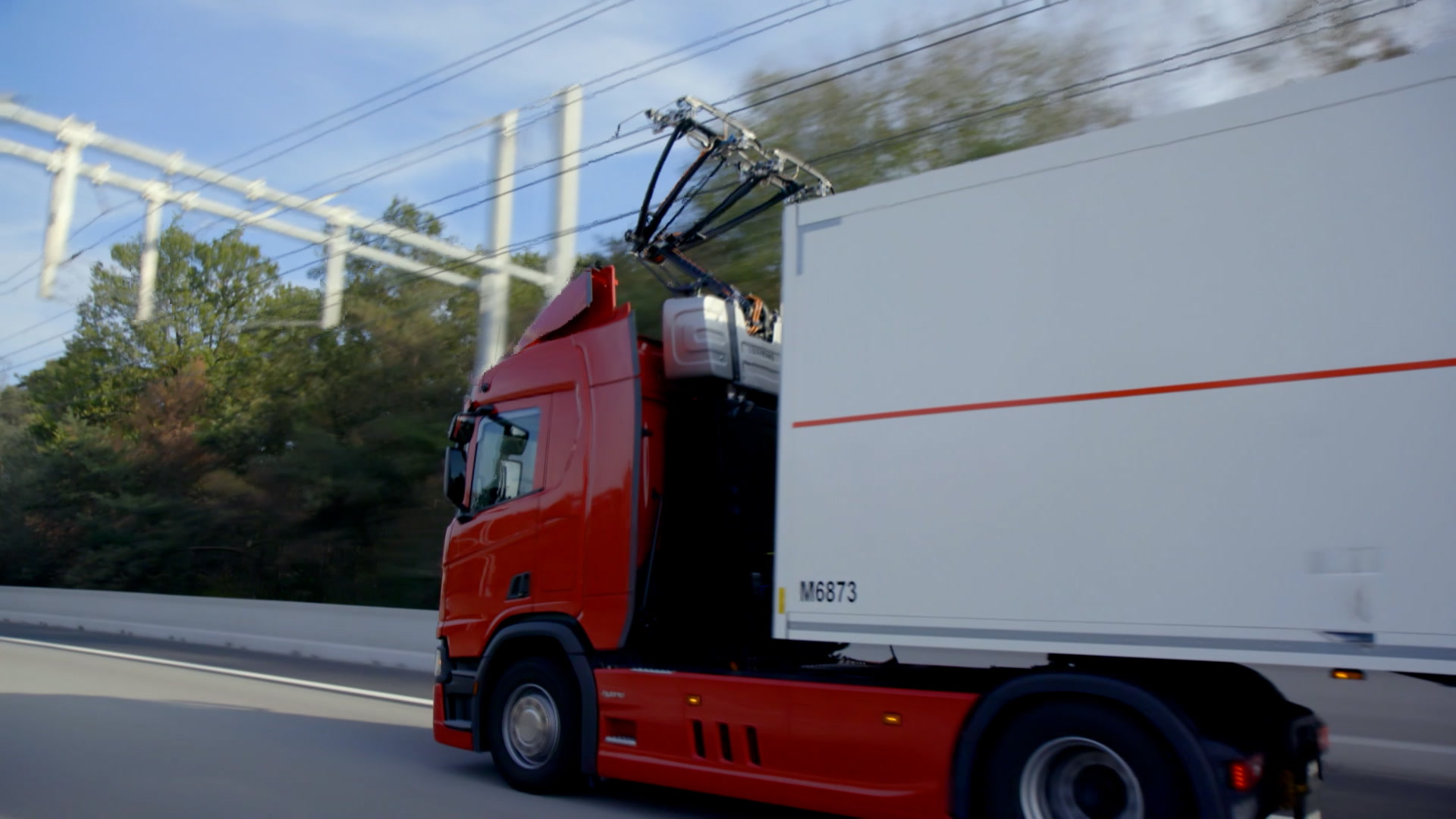How the tourism industry is adapting to a millennial mindset


Get involved with our crowdsourced digital platform to deliver impact at scale
Stay up to date:
Supply Chain and Transport
We frequently talk about creating a travel experience that will delight customers with a millennial mindset. These are digitally-enabled travellers of any age who embrace a world without boundaries, have an adventurous approach and who have little time or patience for bureaucracy. We even have a name for our prototypical customer: “Jia,” which means beautiful in Mandarin.
Pronounced “Jah,” she could be from China or Chinese-American. Whether she lives in Shanghai or New York, she’s a global nomad and travels for business and pleasure so frequently that she considers herself a citizen of the world.
We keep Jia in mind as we consider how to enhance our hotel offerings, but Jia is also important to consider in a broader context. She is an instructive example of why governments need to develop a more streamlined, collaborative approach to global travel. Jia is willing to do her part and share personal data in return for greater mobility. She wants global access.
Currently governments provide visa waivers for other countries who share data and present lower security risks. Why not provide the same benefits, regardless of nationality, to individuals willing to share their data and pay a designated fee? The benefits of such a program could facilitate global travel for Jia but also enhance security. It will require a system of interoperability, where governments work together to collect, curate and share the most important background information on a self-selected group of frequent international travellers.
For sharing their data in advance, these travellers would have access to a smoother process, no need for visas and passports or interminable security lines. Those with global access would actually be far more scrutinized than the average traveller, since security analysts would have the ability to pre-screen trusted travellers in advance.
While this is an idea that seems like common sense to Jia and her fellow globetrotters, the practical details of such a program have tripped up decision makers, who have resisted a move to interoperability. This is why the World Economic Forum is an important venue. It’s where government officials, academics, human rights advocates, travel industry executives, and experts in data protection – many frequent international travellers themselves – all meet in this online souk of ideas. It’s where solutions are worked out.
Perhaps a university can take a multi-disciplinary approach to propose how global access would work. Perhaps the intellectuals and policy-makers here can divine how such a plan might be rolled out to eventually include the majority of international travellers. And, perhaps we in the hospitality community can offer support and guidance to make global access a reality and figure out ways to pay for it.
After all, this concept is about far more than smooth travel for the few. It touches all of us. Global access would increase the economic benefits of host countries, creating new jobs by the thousands. It would encourage more government cooperation. It would facilitate better trade relations. The list goes on and on. Suffice to say, global access would modernize travel and therefore expand the benefits that travel brings from the personally sublime to the globally profound. Imagine how that would delight Jia and her generation.
The Travel & Tourism Competitiveness Report 2015 is available here.
Author: Kathleen Matthews, Executive Vice-President and Chief Global Communications and Public Affairs Officer, Marriott International, USA
Image: Visitors take photos with their mobile phones at the Inca citadel of Machu Picchu in Cusco December 2, 2014. REUTERS/Enrique Castro-Mendivil
Don't miss any update on this topic
Create a free account and access your personalized content collection with our latest publications and analyses.
License and Republishing
World Economic Forum articles may be republished in accordance with the Creative Commons Attribution-NonCommercial-NoDerivatives 4.0 International Public License, and in accordance with our Terms of Use.
The views expressed in this article are those of the author alone and not the World Economic Forum.
Related topics:
The Agenda Weekly
A weekly update of the most important issues driving the global agenda
You can unsubscribe at any time using the link in our emails. For more details, review our privacy policy.
More on Supply Chain and TransportSee all
Rida Tahir
April 9, 2024
Kimberley Botwright and Spencer Feingold
March 27, 2024
Andrea Willige
March 19, 2024
Laia Barbarà and Claudia Galea
March 12, 2024
Zera Zheng, Rico van Leuken and Lars Karlsson
February 23, 2024






